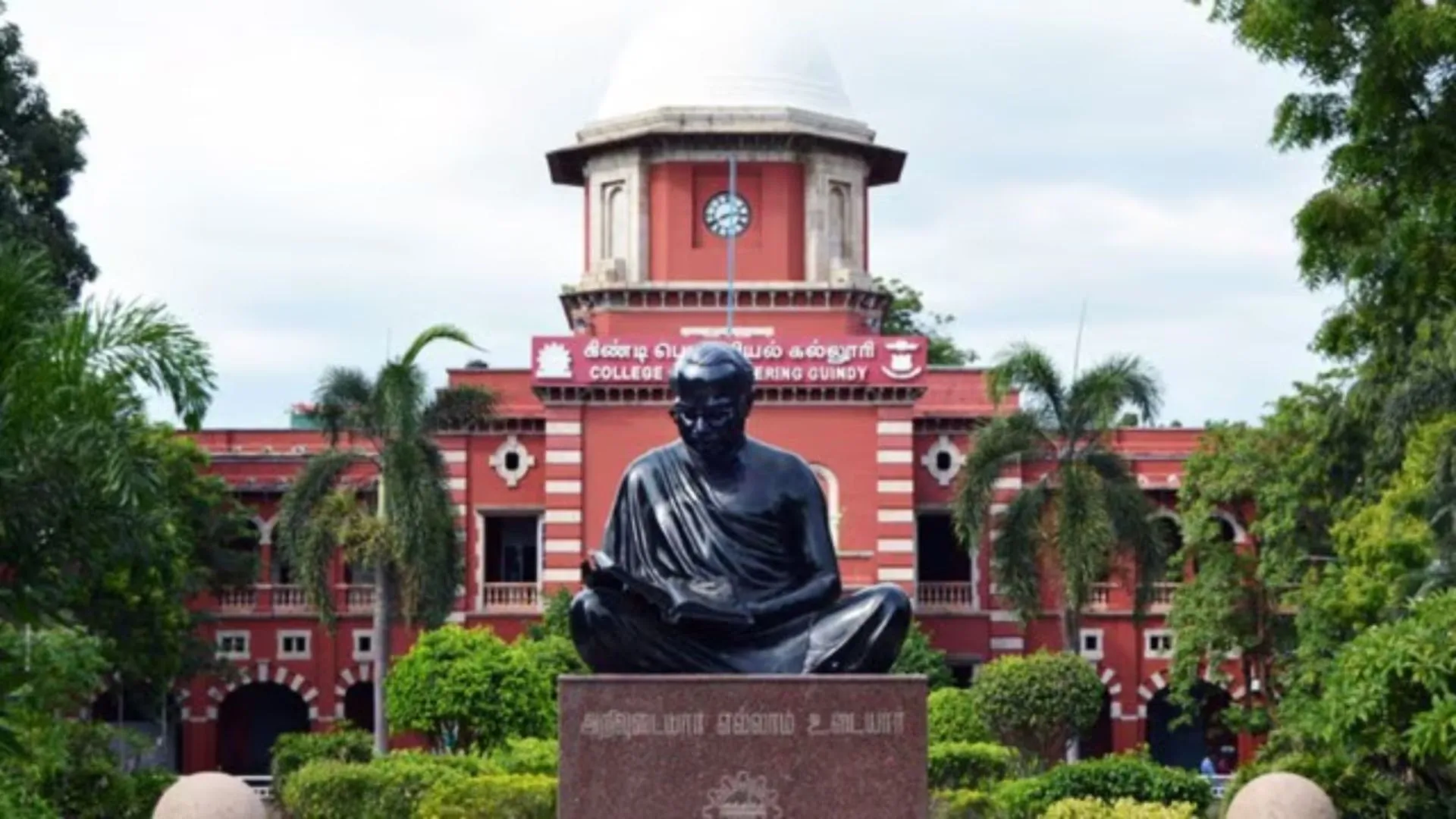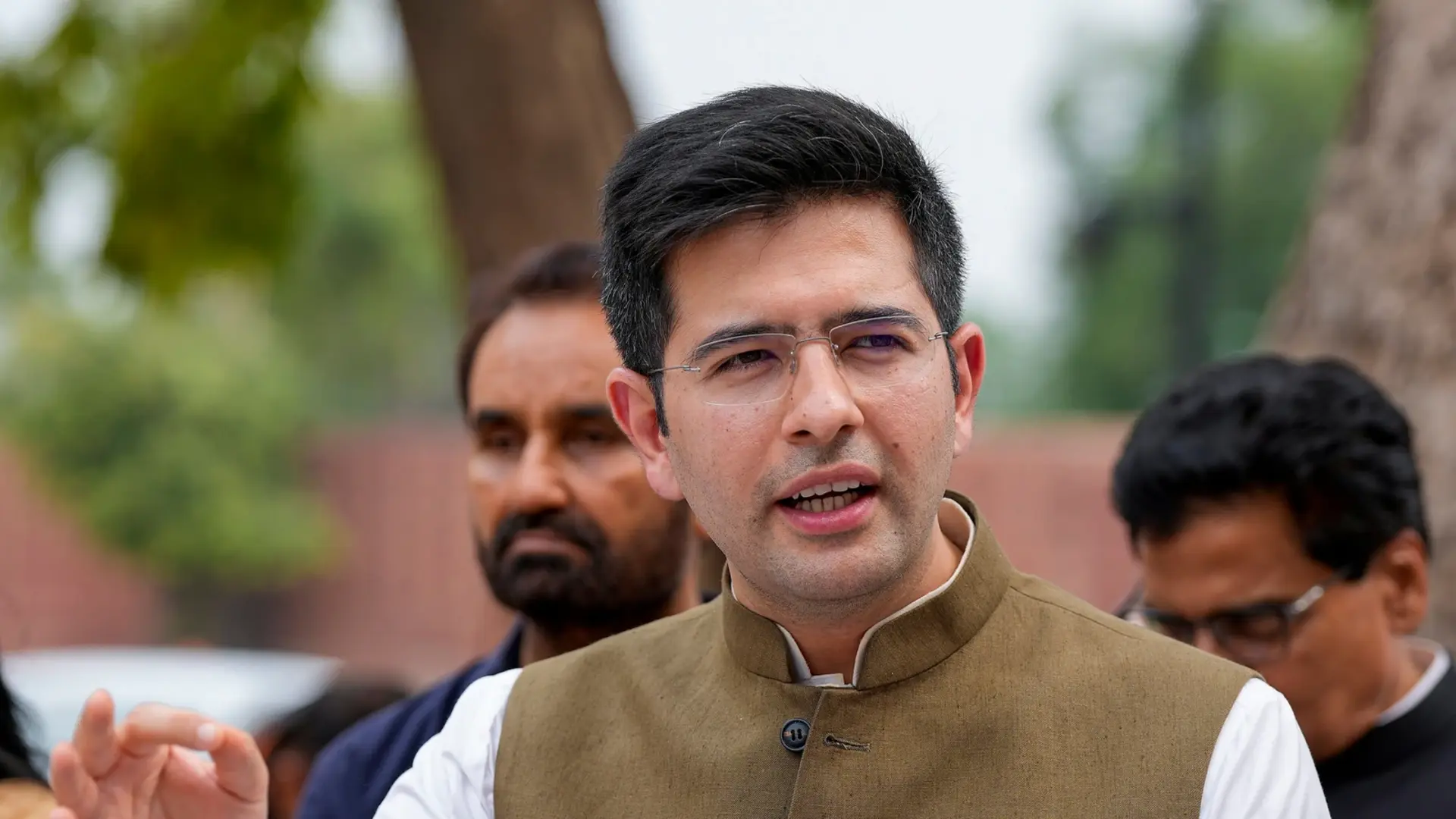Everyone wants their time to be used in a worthwhile way, but often, sometimes half an hour, sometimes more, are wasted. There are some key reasons for this which we may not recognize.
One is, we love listening to things that do not really concern us. It may be real news — not all of it is gossip or rumour. But, is it useful or beneficial in any way? No. If it is something we have no connection with, and we cannot do anything with the information, listening to it is a waste of time. When we listen to something like this, do we have the courage to put a stop to the wasteful talk and point out to the other person the futility of sharing such information? If we do that, we help ourselves and others by stopping the spread of waste.
However, most of us hear such talk, and then think about it and discuss it. It is like collecting rubbish in the mind. As we continue doing this, little by little it affects our way of thinking and behaviour. Listening to and sharing such talk is a waste of time and energy. Wherever resources are expended fruitlessly, there is loss. This makes us feel empty inside.
The second aspect is, thinking about others. When we hear something about someone, we can avoid relaying that to others. If we cannot stop ourselves from doing so, we must remember that we are actually spoiling the feelings of others for that person. The greater the number of people who think and talk about that person, the sooner a negative environment is created.
Moreover, someone who is thinking about others is obviously not introspective. When they are engrossed in the faults of others, how can they spot their own weaknesses and remove them?
Sometimes we see and hear of things that should not happen. It may be right to say that they should not happen, but how does it help to think and talk about it if we are not responsible for addressing the issue or in a position to do something about it? Such situations are a test of our rectitude. When we hear of something that is wrong, or about someone making a mistake, we can check the quality of our feelings. Are they benevolent, and are we thinking only of what is wrong, or finding a way to set it right? If we are merely creating a storm in our mind, does it help us or others?
This is where the ability to apply the brakes to unnecessary thoughts comes in. If we have the wisdom and determination to stop wasteful thinking, it can save a lot of our time and energy. If we lack this power, the best course of action would be to ignore that which does not concern us, and focus on self-improvement.
B.K. Usha is a Rajyoga teacher at the Brahma Kumaris headquarters in Abu Road, Rajasthan.








